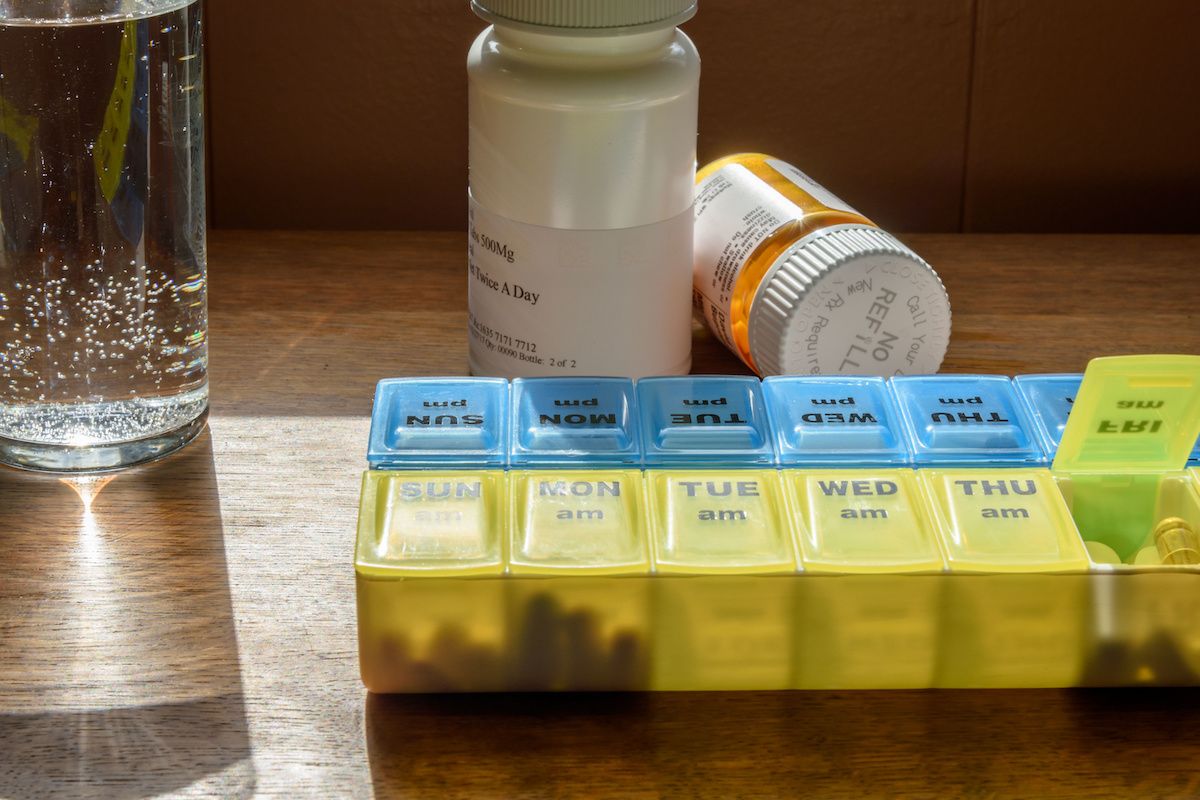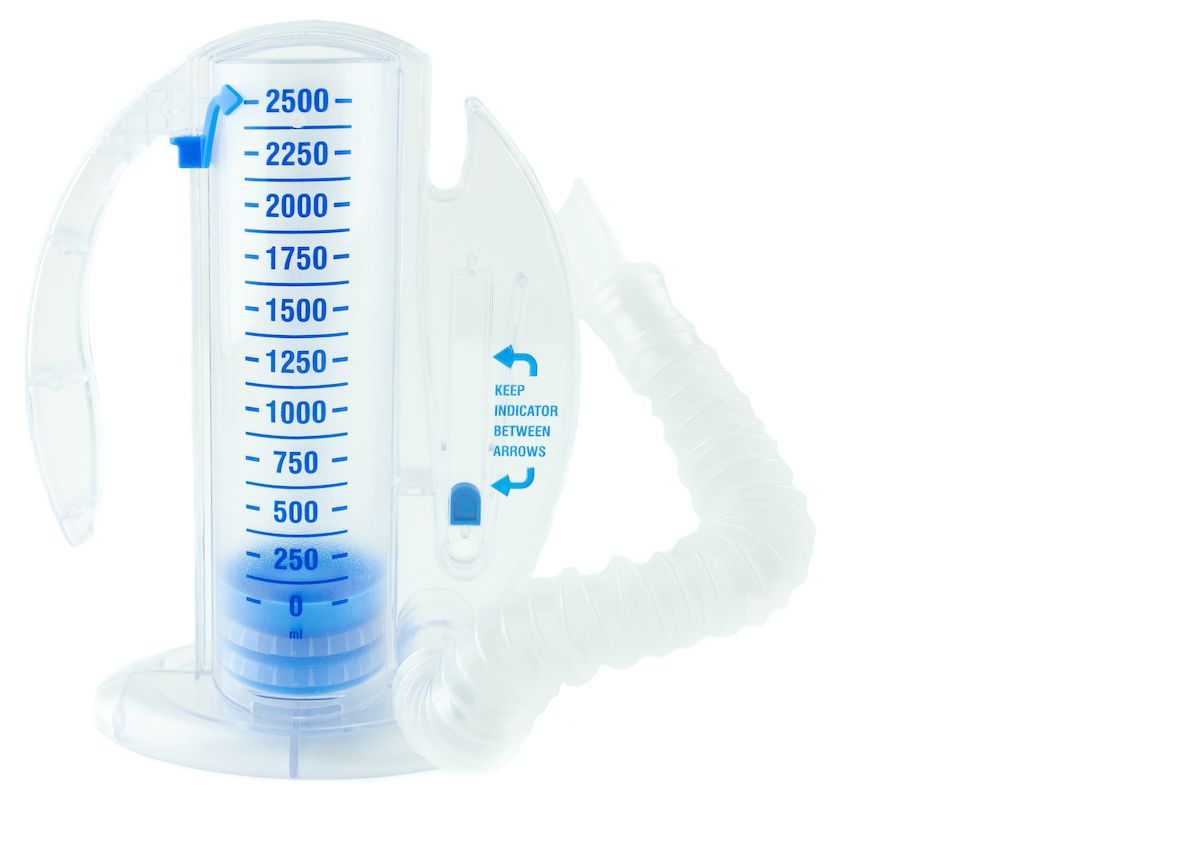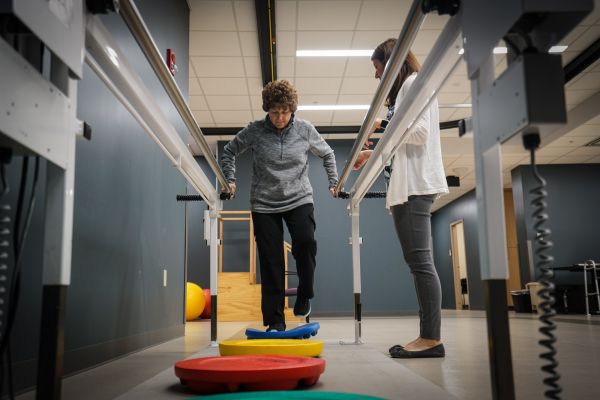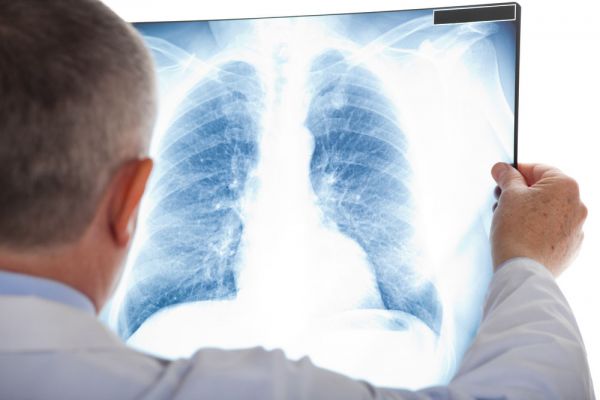If your doctor is scheduling you for surgery, you should know that anesthesia (or sedation), surgery and recovery put extra demands on your body. So what can you do to be as healthy and prepared as possible in advance? How can you increase the chances of an easier recovery and decrease the risk of complications?
Learn About Your Surgery
Understand what will be done during your operation and the risks involved. You must sign a consent before the procedure, so be sure you understand what is planned. The consent will cover what the surgeon expects to do — the procedure that has been discussed with you — but it may also cover what will be done if something unexpected happens. If any of the information confuses you or makes you uncomfortable, keep asking questions until you understand.
Eat Well
Thanks to new technologies such as endoscopy, robot-assisted surgery and lasers, today’s surgical procedures are far less invasive than they used to be, but your tissues will still be damaged to some degree during surgery. What you eat now will help your body repair that damage and strengthen your immune system for recovery.
- Proteins are the building blocks for those repairs. Choose healthy proteins: chicken, turkey, fish, yogurt, cottage cheese and eggs. Vegetarian? Try beans, peas, lentils, tofu and soy milk. Nuts and nut butters are a good protein source for everyone. If you don’t have much of an appetite, eat the high-protein foods on your plate first. If you have been losing weight, high-calorie protein drinks between meals can be helpful.
- Antioxidants are vital to your immune system. They can help remove free radicals from your blood and decrease inflammation. You can get them from the vitamins & minerals in your food. Choose colorful and strongly flavored fruits and veggies: berries, cruciferous veggies (broccoli, cauliflower), citrus (grapefruit), green tea, orange fruits and veggies (squash, sweet potatoes, cantaloupe, carrots), spinach, tomatoes and walnuts. The American Institute for Cancer Research has more information about antioxidants and phytochemicals in foods.
Exercise & Other Preps
- Daily exercise is a great way to improve your conditioning before an operation. Even a 30-minute walk every other day is valuable.
- The sooner you stop smoking before surgery, the better. Quitting reduces your risk for complications during and after surgery.
- If you have diabetes, controlling your glucose (blood sugar) levels before surgery may improve healing.
- Take care of your teeth and gums to help lower your risk of infection after surgery. Ask your doctor if you need to see a dentist before your surgery. If you have an infection or abscess, surgery may be delayed.
Never miss another Cancer Talk blog!
Sign up to receive our monthly Cancer Talk e-newsletter.
Sign up!What Your Doctor Needs to Know About
- Any allergies you have, and what happens when you have an allergic reaction.
- All the prescription and over-the-counter medications you take, including vitamins and supplements. (Ask your pharmacy for a printout of your prescriptions, and then add anything else you take.) Bring this list with you to the pre-op appointment and on the day of surgery.
- Your use of tobacco, alcohol and/or recreational drugs. How much and how often?
- Any dietary or mobility restrictions you have.
If you develop a fever, flu-like symptoms or a sore throat in the week before your procedure, call your doctor/center right away.
What You Need to Know & Do
- If you will have sedation or general anesthesia for your procedure, you must have a responsible adult with you to drive you home. If you do not, your procedure will be canceled. A taxi or bus is not an acceptable ride home. If this is a problem, talk to your nurse.
- Arrange for a friend or family member to stay home with you on the day of your procedure.
- What should you expect when you get home? Will you need extra help or special equipment after you are discharged from the hospital? (If so, try to get the equipment before your procedure.)
- When can you resume normal activities? When can you return to work?
Exercises to Prevent Complications
Coughing and deep-breathing exercises will help you clear and expand your lungs and help prevent pneumonia. They will also help you recover from surgery more quickly. This video will show you what to do.
- Take a deep breath through your nose to filter, warm and moisten the air.
- Hold your breath for a short time.
- Exhale slowly and gently through pursed lips (as if you were blowing out a candle).
- Do this for three breaths. On the third breath, cough instead of breathing out.
- Repeat this deep breathing two more times.
If you are given a spirometer before surgery, practice using it. Your nurse will explain how. Use it 10 times an hour when you are awake.
Leg exercises are important in helping to prevent blood clots in your legs after surgery. These exercises will help you recover from surgery more quickly. Practice them before you go to surgery. After your procedure, walking as soon as possible also helps reduce the risks of blood clots and pneumonia.
- With your legs straight, first point your toes down. Then bring your toes up toward your head. Repeat 10 times an hour. Do one foot, then the other.
- With your legs straight, rotate your ankles, one at a time, as if you were drawing little circles with your toes. Repeat 10 times an hour — first with one foot, then the other.






